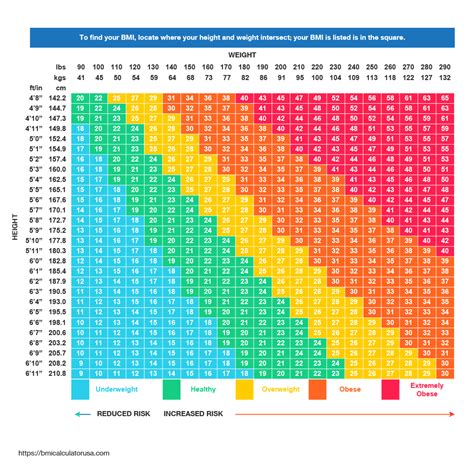How to Figure Out Your Body Mass: A Comprehensive Guide
Understanding your body mass is crucial for maintaining good health. While simply stepping on a scale gives you your weight, a more complete picture involves calculating your Body Mass Index (BMI) and understanding what that number means for you. This guide will walk you through the process and help you interpret your results.
What is Body Mass Index (BMI)?
BMI is a measure of body fat based on your height and weight. It's a widely used screening tool for identifying potential weight-related health problems. While not a perfect measure for everyone (it doesn't account for muscle mass, for example), it provides a valuable starting point for assessing your health.
How to Calculate Your BMI
Calculating your BMI is simple. Here's the formula:
BMI = weight (kg) / [height (m)]²
Let's break it down:
-
Weight (kg): This is your weight in kilograms. If your scale measures in pounds, you'll need to convert pounds to kilograms. There are approximately 2.2 pounds in 1 kilogram. So, divide your weight in pounds by 2.2 to get your weight in kilograms.
-
Height (m): This is your height in meters. If your height is measured in feet and inches, you'll need to convert it to meters. There are approximately 3.28 feet in 1 meter. Convert your feet and inches to total inches, then divide by 39.37 to get your height in meters.
Example:
Let's say you weigh 150 pounds and are 5 feet 8 inches tall.
-
Weight Conversion: 150 pounds / 2.2 pounds/kg = 68.18 kg (approximately)
-
Height Conversion: 5 feet * 12 inches/foot + 8 inches = 68 inches. 68 inches / 39.37 inches/meter = 1.73 meters (approximately)
-
BMI Calculation: 68.18 kg / (1.73 m)² = 22.7 kg/m² (approximately)
Interpreting Your BMI
Once you've calculated your BMI, you can interpret it using the following categories:
- Underweight: Below 18.5 kg/m²
- Normal weight: 18.5 – 24.9 kg/m²
- Overweight: 25.0 – 29.9 kg/m²
- Obesity: 30.0 kg/m² and above
Important Note: BMI is just one factor to consider. It's crucial to consult with a healthcare professional for personalized advice. They can take into account other factors like your overall health, family history, and lifestyle to provide a comprehensive assessment.
Beyond BMI: Other Factors to Consider
While BMI is a helpful tool, it doesn't tell the whole story. Other important factors to consider include:
- Body Fat Percentage: This measures the proportion of your body that's fat, providing a more accurate picture of your body composition than BMI alone.
- Waist Circumference: Measuring your waist circumference can help assess your risk of developing health problems related to abdominal fat.
- Lifestyle Factors: Diet, exercise, and overall lifestyle choices significantly impact your health and well-being.
Conclusion: Understanding Your Body Mass
Figuring out your body mass is an important step towards understanding your overall health. While BMI provides a useful starting point, it's crucial to consider other factors and consult with a healthcare professional for personalized guidance. Remember, a healthy lifestyle that incorporates balanced nutrition and regular physical activity is key to maintaining a healthy weight and overall well-being.
